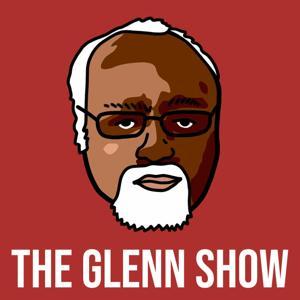Changes at the Pentagon, Charlie Kirk and cancel culture, free speech and misinformation, globalized censorship, Indiana University, how to support FIRE, and more!
Timestamps:
00:00 Introductions
02:11 What is the Press Clause, and who does it apply to?
05:53 FIRE's position on Oklahoma student grading incident
08:50 What does FIRE need from Members besides financial support?
15:59 FIRE's College Free Speech Rankings and what they mean
19:44 What is the latest on the Ann Seltzer cases?
22:08 What is FIRE's view on the Pentagon press room changes?
24:50 What is the value of small donations? How can FIRE supporters volunteer?
29:21 Indiana University is good at football but bad at free speech
33:46 Are courts trending in a more speech-protective direction?
37:05 Charlie Kirk and cancel culture
39:20 Pro- and anti-Zionist speech and "hostile environment" harassment
43:48 Is "globalize the intifada" incitement?
45:07 How does FIRE distinguish between free speech and misinformation?
47:54 Can FIRE help supporters start free speech alumni groups?
48:55 Free speech, artificial intelligence, and copyright/trademarks
51:51 The sordid legacy of Hazelwood v. Kuhlmeier
53:22 Staying hopeful amidst so much hypocrisy
55:32 Global speech platforms and censorship
58:14 Differences between FIRE and the ACLU?
59:34 Does FIRE have a Substack? (The Eternally Radical Idea, So to Speak, Expression)
1:00:03 Closing remarks.
Read the transcript here.
Joining us:
-
Alisha Glennon, chief operating officer
-
Nico Perrino, executive vice president
-
Greg Lukianoff, president and ceo
-
Will Creeley, legal director
Become a paid subscriber today to receive invitations to future live webinars.
If you became a FIRE Member through a donation to FIRE at thefire.org and would like access to Substack's paid subscriber podcast feed, please email [email protected].




































